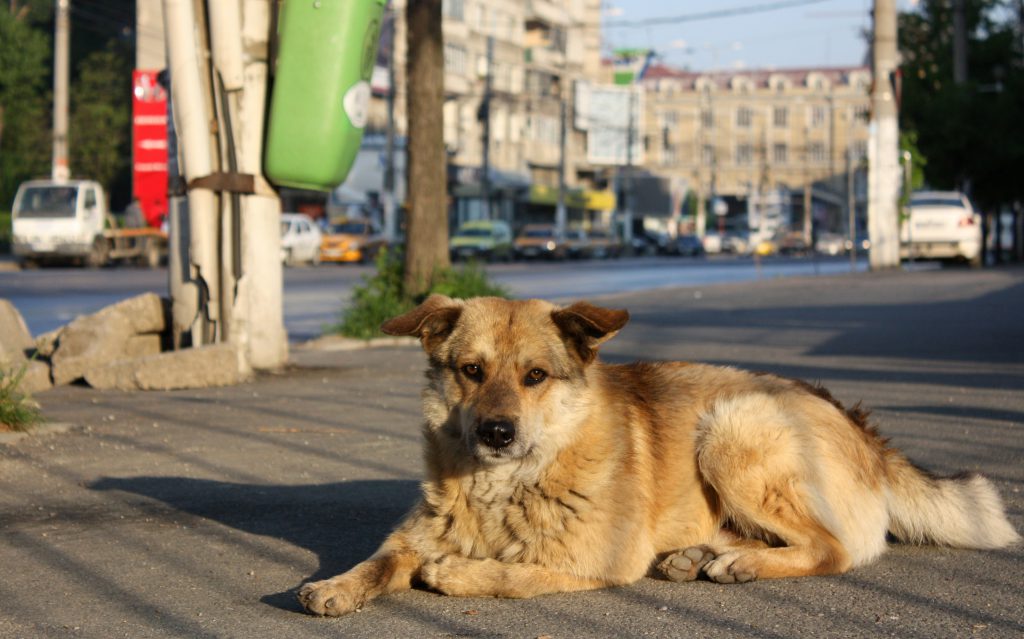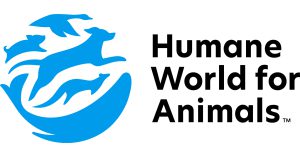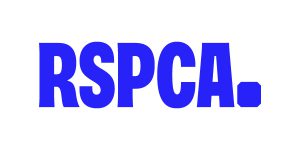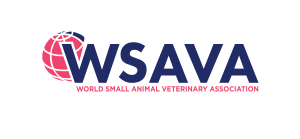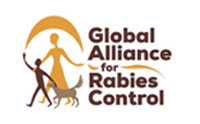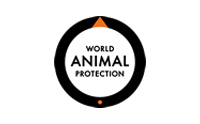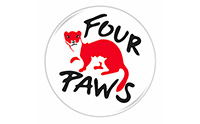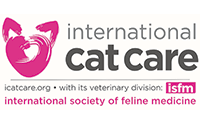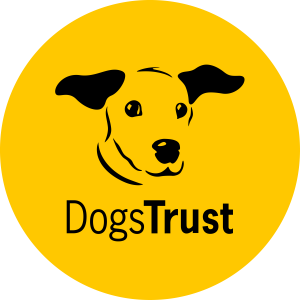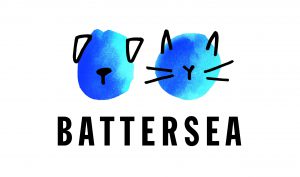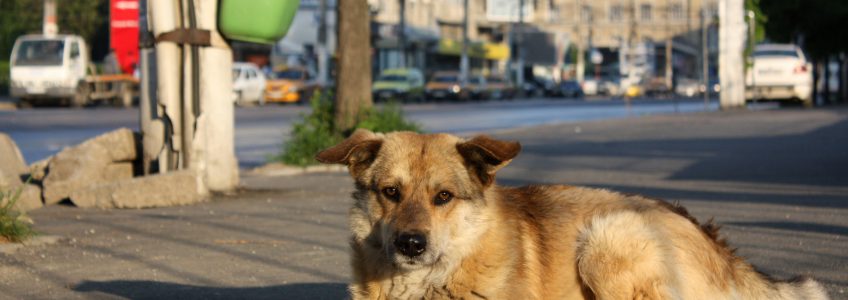
Croatia’s first animal welfare law was adopted in 1999, followed by adoption of a new law in 2006 and further amendments in 2017. Identification of new born puppies by microchipping has been mandatory since 2004 and for all dogs since 2006, but this is not adequately enforced.
Following central government legislation, Zagreb City Council implemented by-laws and supporting DPM intervention projects to achieve improved management of dogs and cats in the city. It is important to say that the baseline number of stray animals in Zagreb was reasonably low in the city, but probably higher in the peripheral areas because of the custom of letting owned companion animals roam freely. In 2001, the first by-law regulating shelters/rehoming centres, holding facilities and animal establishments was adopted, and then amended in 2004.
The rehoming centre in Zagreb was built in 2001 but the original infrastructure was inadequate and unable to meet the basic requirements set by the regulation, and in the following years further investments were made to improve the facility. Until 2009, the rehoming centre was run by the private Veterinary Station but a change in legislation discontinued the role of the old fashioned veterinary-hygiene services that were traditionally responsible for dog collection and holding facilities. Subsequently, animal control services and the rehoming centre became the competency of the City of Zagreb. Following this change in management, in 2010 the rehoming centre received 572 and rehomed 551 dogs. 169 cats were received of which 59 were rehomed. A total of 1,368 veterinary interventions took place, of which 796 were dogs, 385 cats, and 187 other animals, and 724 adoption inspections were conducted. All animals processed through the centre are vaccinated, sterilized and microchipped. The running costs of the rehoming centre are 4 million HRK (approx. €550,000).
The City Council, to its credit, also funded another very important service; the Info Centre for Animals, run by a network of local animal welfare organisations from 2005-2016. Since 2016, the Zagreb City Shelter has managed the Info Centre and has organised it as three sub-sectors; catching teams, veterinary/rehoming centre management teams, and a communication/education team. The Info Centre played a crucial role in reuniting many animals with their owners in the period prior to the implementation of mandatory identification.
The annual budget of the Info Centre in 2010 was 230,000HRK (approx. €31,000); this was balanced out by cost savings created through increased reuniting. In 2010, 433 out of 787 reported lost dogs were reunited with their owners by the Info Centre without being processed through the rehoming centre system. This avoided sterilization and vaccination costs totaling 290,000 HRK (€39,530), already more than the Info Centre running costs, plus more in housing and food that would have been incurred by processing and caring for the dogs for the statutory 60 day period.
A key factor contributing to this achievement was the communication strategy that the City Council developed to work with the larger stakeholder platform (NGOs, private vets, general public, schools, enforcement agencies and the media). The City Council also succeeded in mobilising public support and community engagement through a range of interventions: organizing and hosting events, promoting neutering of owned dogs through low-cost days at the municipal rehoming centre, and media campaigns promoting adoption. Stricter leash and dog control laws were also a contributing factor, especially as they were accompanied by information campaigns, and the distribution of promotional leashes and poop scoops paid for through sponsorship. In cooperation with the Department for Education, there is regular and positive exchange between primary schools and the municipal rehoming centre.
It is important to say that outside Zagreb, most Croatian cities still do not have adequate provisions in place for DPM, despite the existing legal framework that requires them to do so. Zagreb is a good example of a proactive municipality that recognized the importance of building and developing a system, investing in infrastructure and resources, developing a clear communication strategy, establishing a multi-stakeholder committee and securing public support by working strategically and transparently. These results are very impressive for a City that 17 years previously operated a catch and kill policy.
Abandonment of dogs is illegal and Croatian authorities have always resisted pressure from animal welfare organisations, both local and international, to adopt Catch Neuter Release (CNR) as a strategy. In 2019, a further amendment to the national legislation prohibited euthanasia of dogs housed in rehoming centres, previously this was an option for dogs that were not rehomed within a stated period (60 days). Whether intake to rehoming centres can be reduced, and adoption increased, to an extent to cope with this change in legislation without causing animal suffering remains to be seen.
